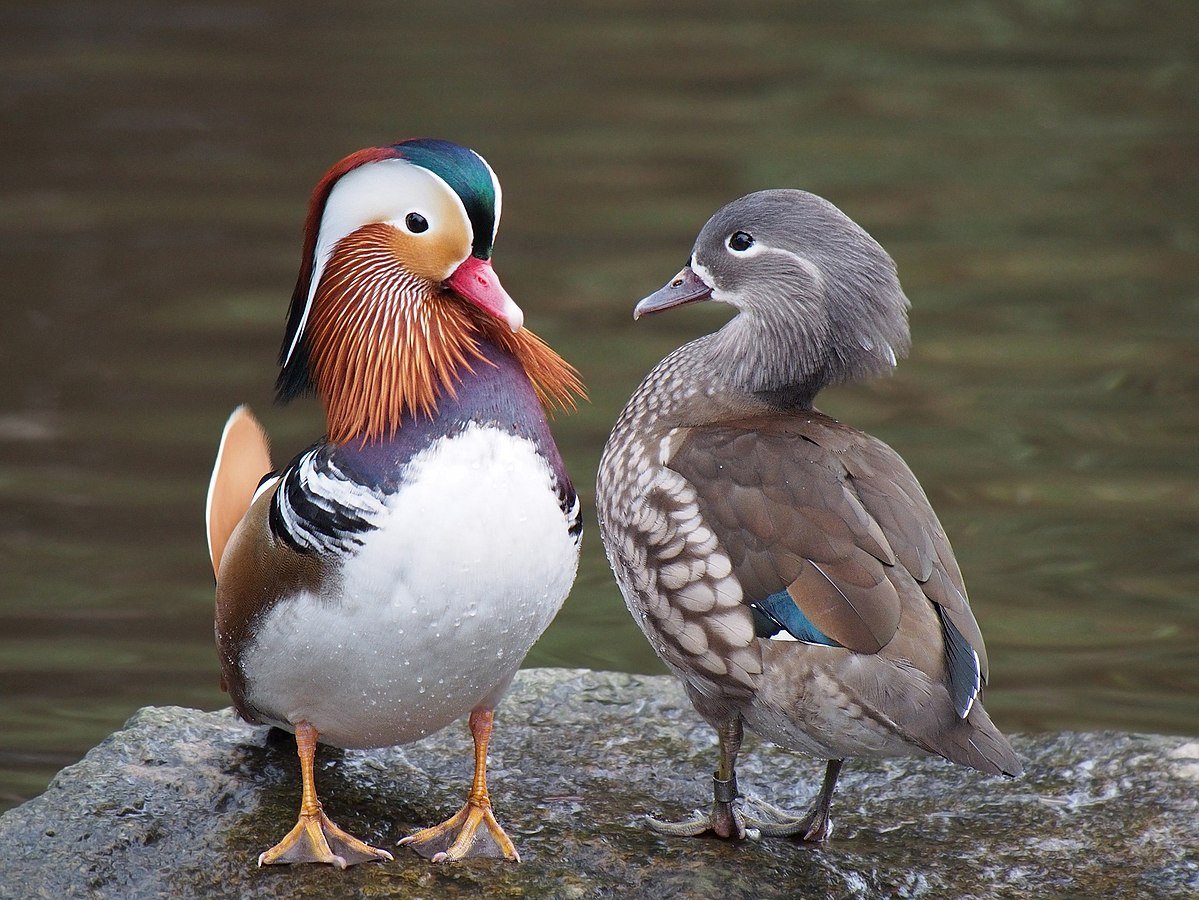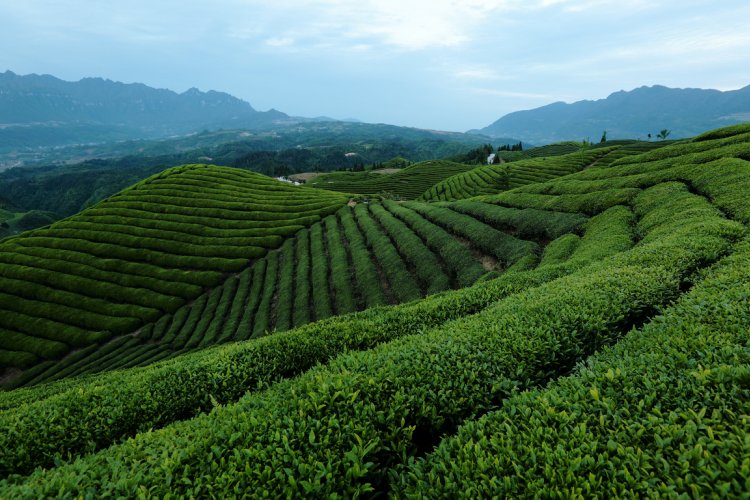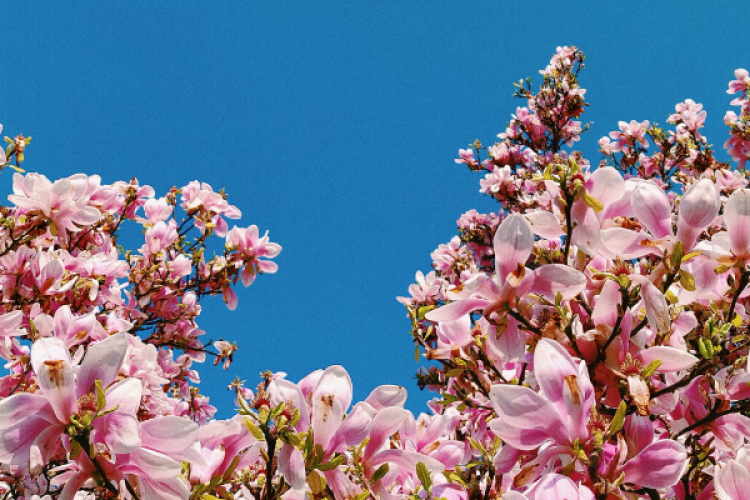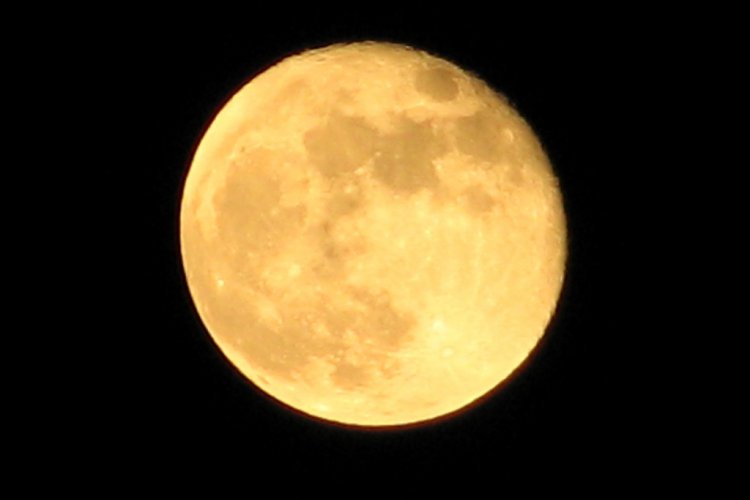Confessing Your Love on Qixi? Choose Your Lines Wisely
As you may have heard, it's that lovey-dovey time of year again. Yes, I am talking about Qixi, the Chinese Valentine’s Day. Besides treating your loved one to a nice meal or to a long-overdue getaway, it is also crucial to express your feelings and affections through words. Luckily, there are plenty of classic love poems throughout Chinese history for you to quote, but make sure you understand the context of the poem before you whisper them into your lover’s ear, as some of them may ruin an otherwise perfect night of romance.
愿作鸳鸯不羡仙 yuàn zuò yuānyāng bù xiàn xiān
We don’t need to envy the gods if we can be mandarin ducks

Ancient Chinese believed that the Mandarin duck represented faithful, uncompromising love and frequently used it as a reference in literature. However, according to zoological studies, the truth is hardly as monogamous: Mandarin duck couples do stick together throughout the mating season, but as soon as it is over, the male will start to look for a new mate.
曾经沧海难为水,除却巫山不是云 céngjīngcānghǎi nàn wéi shuǐ, chúquè wūshān bùshì yún
No one else matters to me
Yuan Zhen expressed his inseparable love towards his wife, the love of his life, Wei Cong in this poem. The references in these two sentences might be a bit obscure, but it can be roughly translated as “Once I have seen the ocean, no other water can impress me. And no clouds are worth mentioning after I witness the cloud lingering around Mount Wu.” It is easy to feel the fierce love he holds for his wife and the incomparable place she held in the poet’s mind. However, don’t jump to conclusions and think you can use this one freely, as this poem was written to memorialize the poet’s wife after she passed away.
但愿人长久,千里共婵娟 dàn yuàn rén chángjiǔ, qiānlǐ gòng chánjuān
May we live a long life and share the beauty of the moon even when we are thousands of miles apart.

Sound like a romantic phrase to use over video chat with your long-distance significant other? Think again, because these lyrics were written by Su Shi, the famous poet and gastronome of the Song Dynasty, to his little brother after the two were separated for seven years. As one of the most well-known poems about the moon as well as family bonds, it's usually quoted during Mid-Autumn Festival and has become a signature classic of singer and cultural icon, Teresa Teng.
愿得一人心,白首不分离 yuàn dé yī rénxīn, bái shǒu bù fēnlí
May I win someone’s heart and never be apart even when we grow old.
This poem was written by the debutante and female poet Zhuo Wenjun. However, it did not serve as a love confession, but a farewell to her cheating husband. Still, it might be a good declaration of your status as single.
红豆生南国,春来发几枝。愿君多采撷,此物最相思 yuàn jūn duō cǎixié, cǐ wù zuì xiāngsī
The red beans grow in the south and sprout in the spring. Take as many as you can since it can and let them trigger lovesickness.
The red bean is a symbol of yearning between lovers due to its round, smooth, crimson appearance, as well as the myth that a lady cried to death under a tree after her husband died in the borderland and turned into a red bean. There is nothing wrong with using the red bean as a reference for your love pangs, but keep in mind that this poem itself was actually written for the poet’s platonic friend who was an outstanding singer.
春风十里不如你 chūnfēng shílǐ bùrú nǐ
Even the spring breeze is inferior to you
Before you share this seemingly romantic and well-meaning sentence with your partner, we need to tell you it appeared in a poem written as a farewell to a prostitute, and the phrase 春风十里 chūnfēng shílǐ ”the ten miles of spring breeze“ was the cant for the red-light district.
卿须怜我我怜卿 qīng xū lián wǒ wǒ lián qīng
If you adore me I will love you back

If you think this is something like the famous line “You jump, I jump” from Titanic, then you couldn't be more wrong, because it is in fact merely the lament of a single lady who sunk into deep sorrow while staring at her own portrait.
Read: Quizzing Qixi: The True Meaning of "Chinese Valentine’s Day"
Images: Sohu, 诗词网







